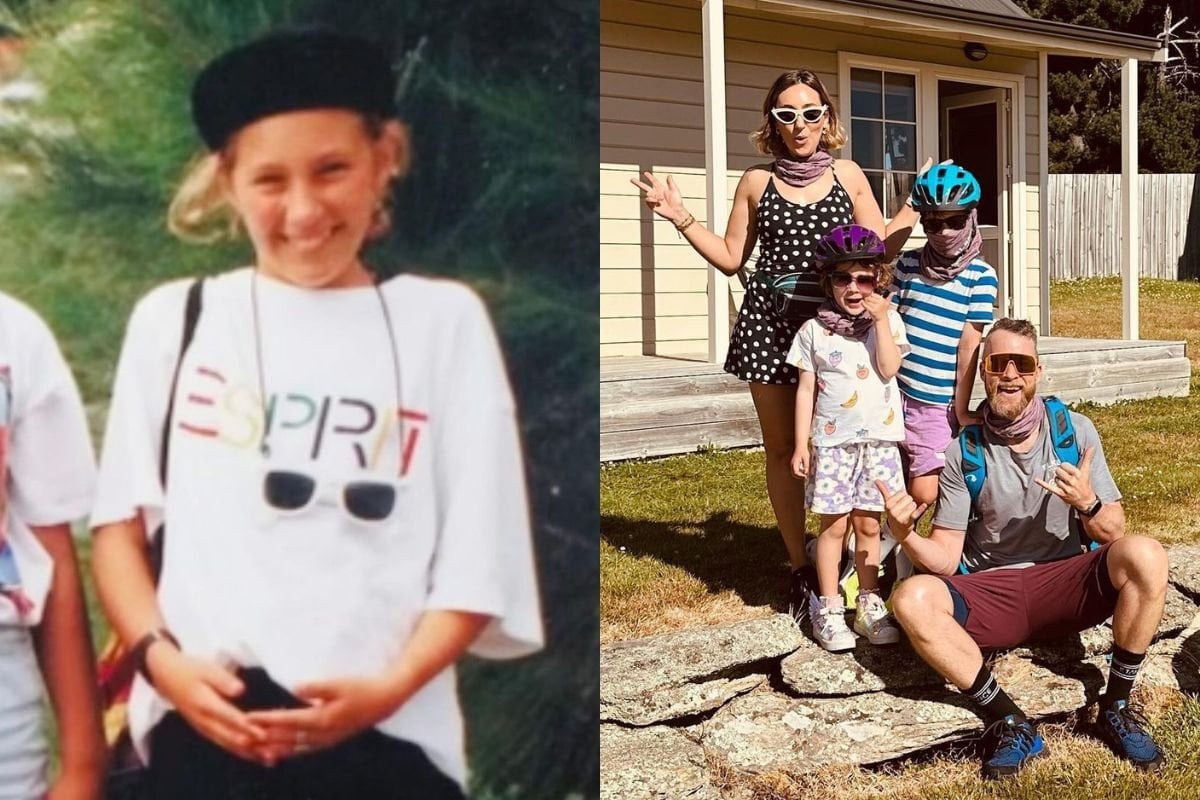
Millennial parents are grappling with whether their tweens and teens should be given access to mobile phones amidst a growing movement advocating for a ban on social media for children until they reach the age of 16.
Initiated by radio personality Michael 'Wippa' Wipfli and Rob Galluzzo, the founder of production company FINCH, the "36 Months" movement seeks to alter legislation, raising the minimum age for social media participation from 13 to 16.
Watch: Ask Mia Anything | Children On Social Media. Post continues below.
Through their connections, the two have successfully gathered support from prominent figures across entertainment, education, and politics, with Prime Minister Anthony Albanese himself endorsing the campaign.
"What we want is our youngest Australians spending more time outside playing sport, engaging with each other in a normal way and less time online," the PM told Nova FM on Tuesday.

Top Comments